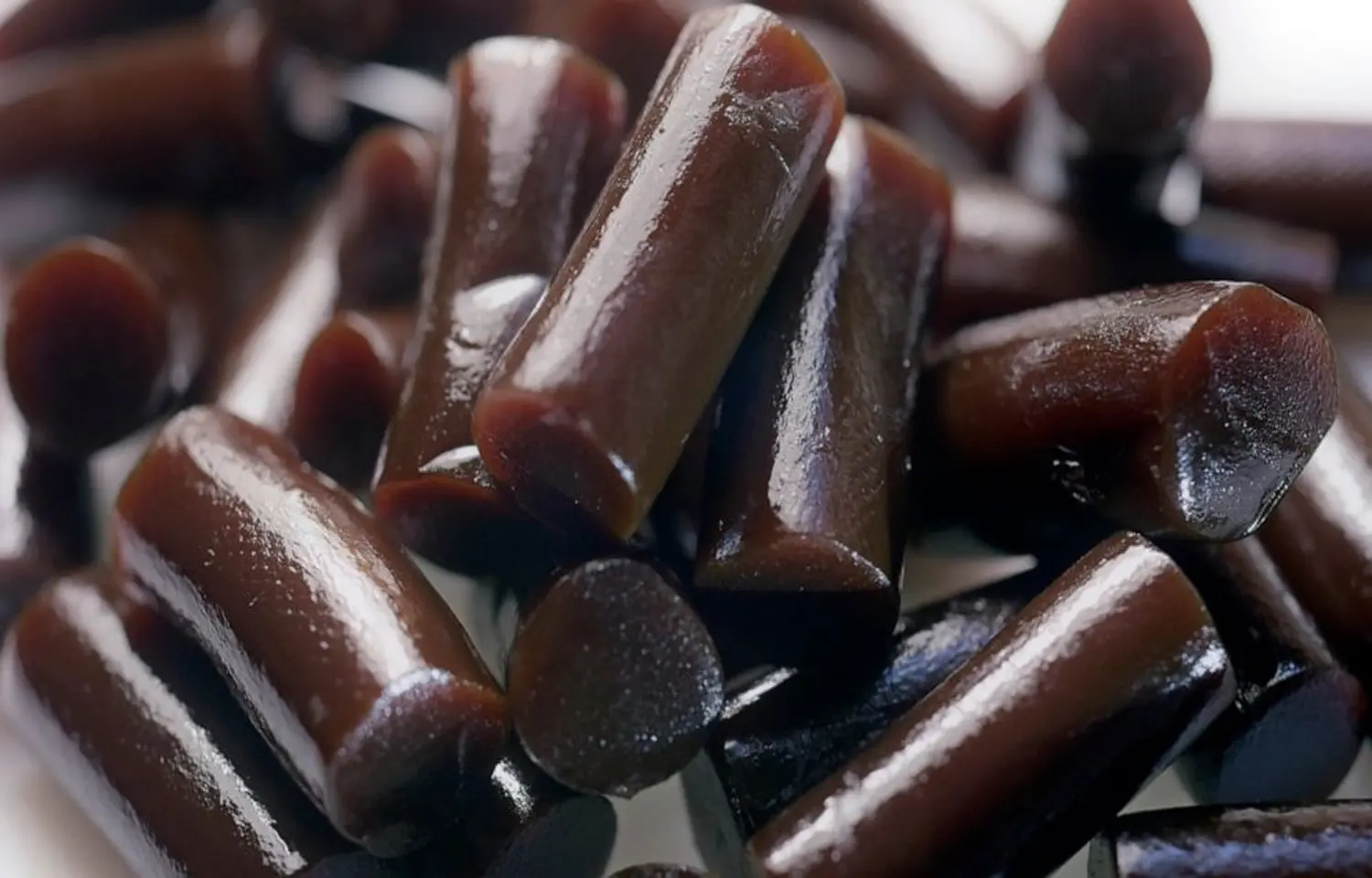- Home
- Medical news & Guidelines
- Anesthesiology
- Cardiology and CTVS
- Critical Care
- Dentistry
- Dermatology
- Diabetes and Endocrinology
- ENT
- Gastroenterology
- Medicine
- Nephrology
- Neurology
- Obstretics-Gynaecology
- Oncology
- Ophthalmology
- Orthopaedics
- Pediatrics-Neonatology
- Psychiatry
- Pulmonology
- Radiology
- Surgery
- Urology
- Laboratory Medicine
- Diet
- Nursing
- Paramedical
- Physiotherapy
- Health news
- Fact Check
- Bone Health Fact Check
- Brain Health Fact Check
- Cancer Related Fact Check
- Child Care Fact Check
- Dental and oral health fact check
- Diabetes and metabolic health fact check
- Diet and Nutrition Fact Check
- Eye and ENT Care Fact Check
- Fitness fact check
- Gut health fact check
- Heart health fact check
- Kidney health fact check
- Medical education fact check
- Men's health fact check
- Respiratory fact check
- Skin and hair care fact check
- Vaccine and Immunization fact check
- Women's health fact check
- AYUSH
- State News
- Andaman and Nicobar Islands
- Andhra Pradesh
- Arunachal Pradesh
- Assam
- Bihar
- Chandigarh
- Chattisgarh
- Dadra and Nagar Haveli
- Daman and Diu
- Delhi
- Goa
- Gujarat
- Haryana
- Himachal Pradesh
- Jammu & Kashmir
- Jharkhand
- Karnataka
- Kerala
- Ladakh
- Lakshadweep
- Madhya Pradesh
- Maharashtra
- Manipur
- Meghalaya
- Mizoram
- Nagaland
- Odisha
- Puducherry
- Punjab
- Rajasthan
- Sikkim
- Tamil Nadu
- Telangana
- Tripura
- Uttar Pradesh
- Uttrakhand
- West Bengal
- Medical Education
- Industry
Licorice Extract Gel Shows Potential as Natural Anticaries Agent: Study

A new study published in the journal of Infectious Disorders - Drug Targets revealed that Licorice extract gel has strong antimicrobial action against Streptococcus mutans and may help prevent dental caries naturally.
Dental caries continues to pose a major public health concern. While conventional antimicrobial agents and fluoride treatments remain widely used, there is growing interest in plant-derived compounds with fewer side effects and reduced risk of microbial resistance. Licorice root, known for its anti-inflammatory and antimicrobial properties, has now demonstrated measurable efficacy in laboratory testing against cavity-causing bacteria.
Licorice roots were authenticated by a botanist, followed by preparation of a concentrated extract. This extract was formulated into an oral gel at a concentration of 100 μg/mL and sterilized through gamma irradiation. To evaluate antibacterial effectiveness, this study first determined the minimum inhibitory concentration (MIC) of the gel using the agar dilution method. Further antibacterial action was tested using a time-kill assay, where sub-MIC levels were applied to S. mutans cultures to assess bacterial reduction over time.
The MIC of licorice gel was recorded at 1260 μg/mL, marking the threshold needed to inhibit visible bacterial growth. Also, the most striking results were observed at concentrations well below this level. At 1.4 μg/mL and 1.8 μg/mL the gel was able to reduce bacterial counts over time, achieving a ≥3 log10 CFU/mL reduction, the standard benchmark for antibacterial activity.
Even tiny amounts of licorice gel were enough to drastically reduce the number of cavity-causing bacteria. The comparative results in the analysis table showed consistent decreases in bacterial survival across the tested concentrations, which confirmed a time-dependent killing effect. Statistical testing further validated that these reductions were significant and not due to chance.
These results highlighted the potential of licorice as a natural, effective antimicrobial ingredient in oral hygiene products like gels, mouth rinses, or toothpaste. Unlike chemical antimicrobials, which may carry risks of resistance or side effects, licorice-derived formulations could provide a safer and sustainable option for caries prevention. Overall, this study found that licorice extract gel as a robust antibacterial activity against Streptococcus mutans, even at low concentrations.
Reference:
Khosrowshahi, H. I., Eftekhari, A., Dizaj, S. M., Motahari, P., Memar, M. Y., & Khosrowshahi, E. I. (2025). The antimicrobial effects of licorice extract against Streptococcus mutans as a potential oral gel against dental caries. Infectious Disorders Drug Targets, 25. https://doi.org/10.2174/0118715265376519250904100855
Neuroscience Masters graduate
Jacinthlyn Sylvia, a Neuroscience Master's graduate from Chennai has worked extensively in deciphering the neurobiology of cognition and motor control in aging. She also has spread-out exposure to Neurosurgery from her Bachelor’s. She is currently involved in active Neuro-Oncology research. She is an upcoming neuroscientist with a fiery passion for writing. Her news cover at Medical Dialogues feature recent discoveries and updates from the healthcare and biomedical research fields. She can be reached at editorial@medicaldialogues.in
Dr Kamal Kant Kohli-MBBS, DTCD- a chest specialist with more than 30 years of practice and a flair for writing clinical articles, Dr Kamal Kant Kohli joined Medical Dialogues as a Chief Editor of Medical News. Besides writing articles, as an editor, he proofreads and verifies all the medical content published on Medical Dialogues including those coming from journals, studies,medical conferences,guidelines etc. Email: drkohli@medicaldialogues.in. Contact no. 011-43720751


